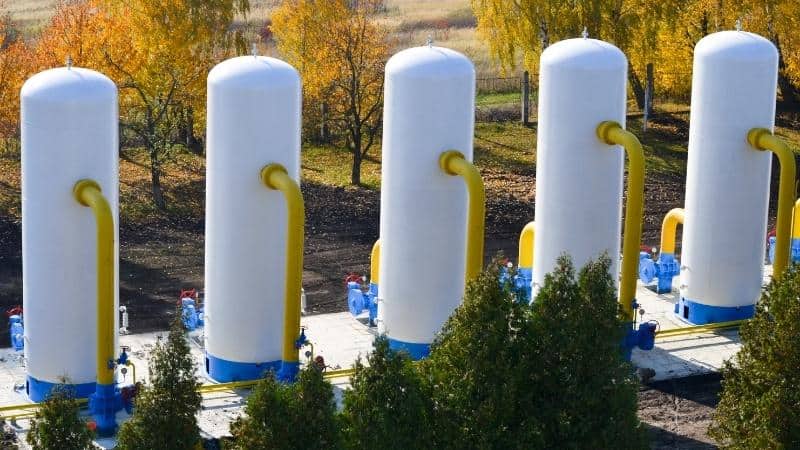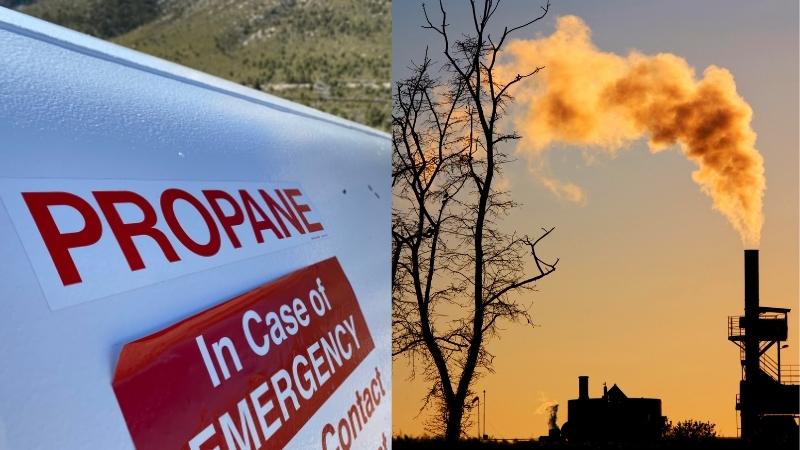First and foremost, why are we so concerned about propane or natural gas anyway? Why is this debatable content?
Gases have been playing quite a crucial role in our lives since their discovery. As the concept of science arrived and began to branch out in different directions, so did the importance of gases’ existence. The chemical and structural contrasts they show, mark them as a possible form of physical existence on Earth besides solids and liquids.
Propane and natural gas are in the family of gases and they too, much like almost all other gases, have numerous applications in this little world.
Propane and natural gas— the dynamic gas duo
Natural gas is derived from nature; in one word, it’s a fossil fuel. Propane, on the other hand, is extracted from crude oil or natural gas itself. Even if there is such a significant difference between them (natural gas being natural, propane being artificial), both gases have some similar applications.
In households, propane and natural gas are often burned to warm up the rooms or to heat the water. Outside, they are used as fuels for vehicles, buses, farm irrigation engines, or forklifts where propane is titled as propane Autogas. Due to new technological developments and worldwide concerns of running out of fossil fuels, however, applications of propane are rapidly expanding.
In industries, natural gas is mainly used as a fuel for heating various important chemical processes, but it’s the principal raw material for producing fertilizers and chemicals. Interestingly, propane has quite different uses in industries. Industries consume almost half of the propane to make plastic, while they also use it to run machinery, cut metals, and process heating too.
Despite all these differences, it’s pretty obvious that first natural gas and then propane, have brought some revolutionary changes to this world. Since they are well known to heat things a lot, however, the question arises—which gas burns hotter?

Which burns hotter? Propane versus natural gas
Surprisingly, it is very debatable. Because, as far as we know, the compound that burns at a higher temperature is the one that burns hotter. We found that propane and natural gas burn at the same temperature—3,560 °F.
So how are we going to determine the winner? We need to look at a few things before we consider the temperature factor.
The amount of energy a gas releases when burned is usually measured in BTU (British Thermal Unit). 1 BTU is the amount of energy required to increase the temperature of 1 pound of water by 1 °F. If we burn 1 ft3 of natural gas, it should generate approximately 1,012 BTUs. That’s definitely a lot of energy being released.
If we take 1 ft3 of propane next and burn it, it ends up generating nearly 2,520 BTUs! That’s almost 3 times more than the energy generated by natural gas.
Therefore, comparatively, we have to burn more units of natural gas to heat anything, despite natural gas being burned at the same temperature as propane is.
Propane can generate so much more energy than natural gas because of its efficiency, one of the reasons why natural gas is starting to get replaced. Instead of always using natural gas, if we also extract propane out of it, we will be able to use both of them efficiently at the right place and time. Propane outclassing its predecessor will never dampen any gases’ role in our survival.
